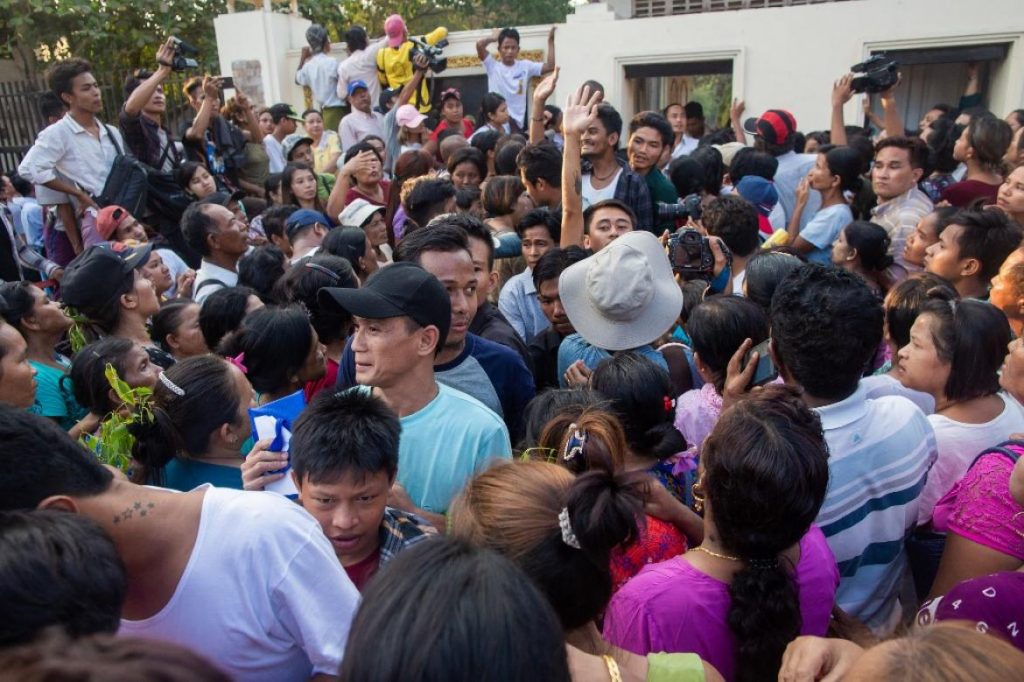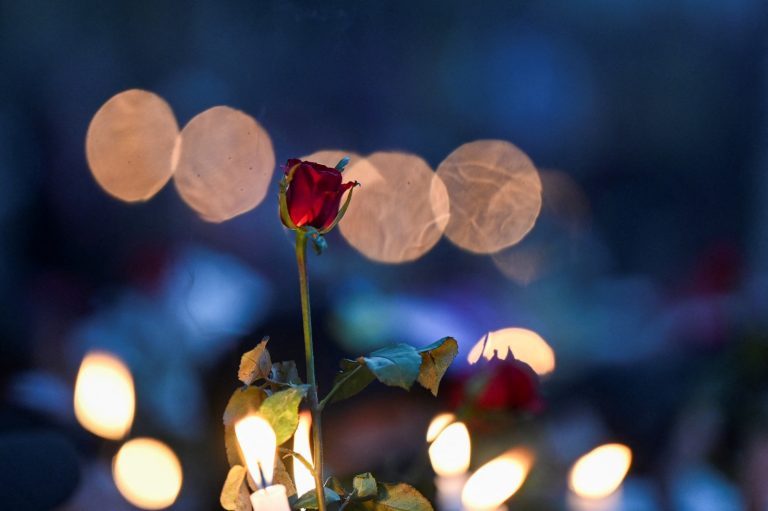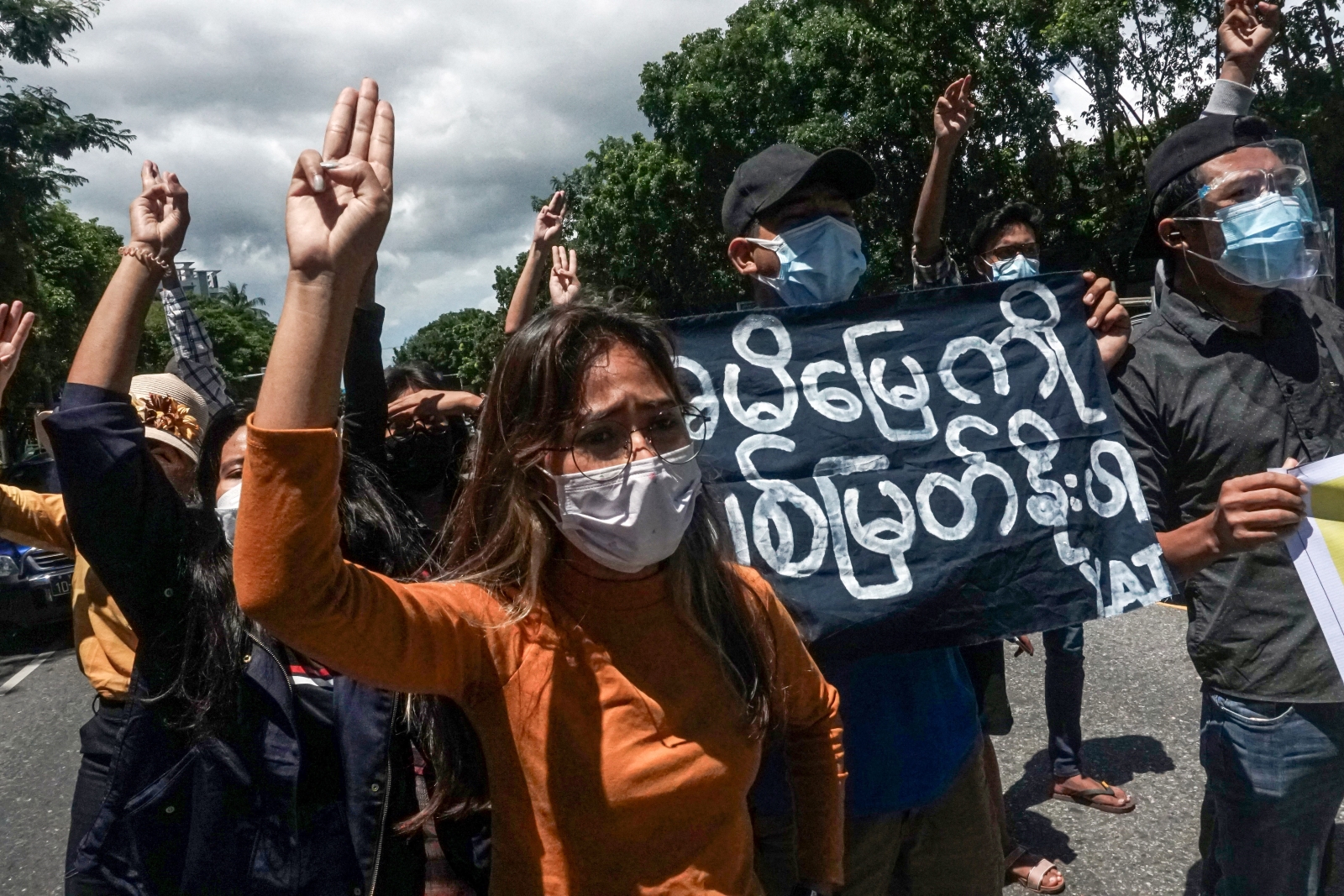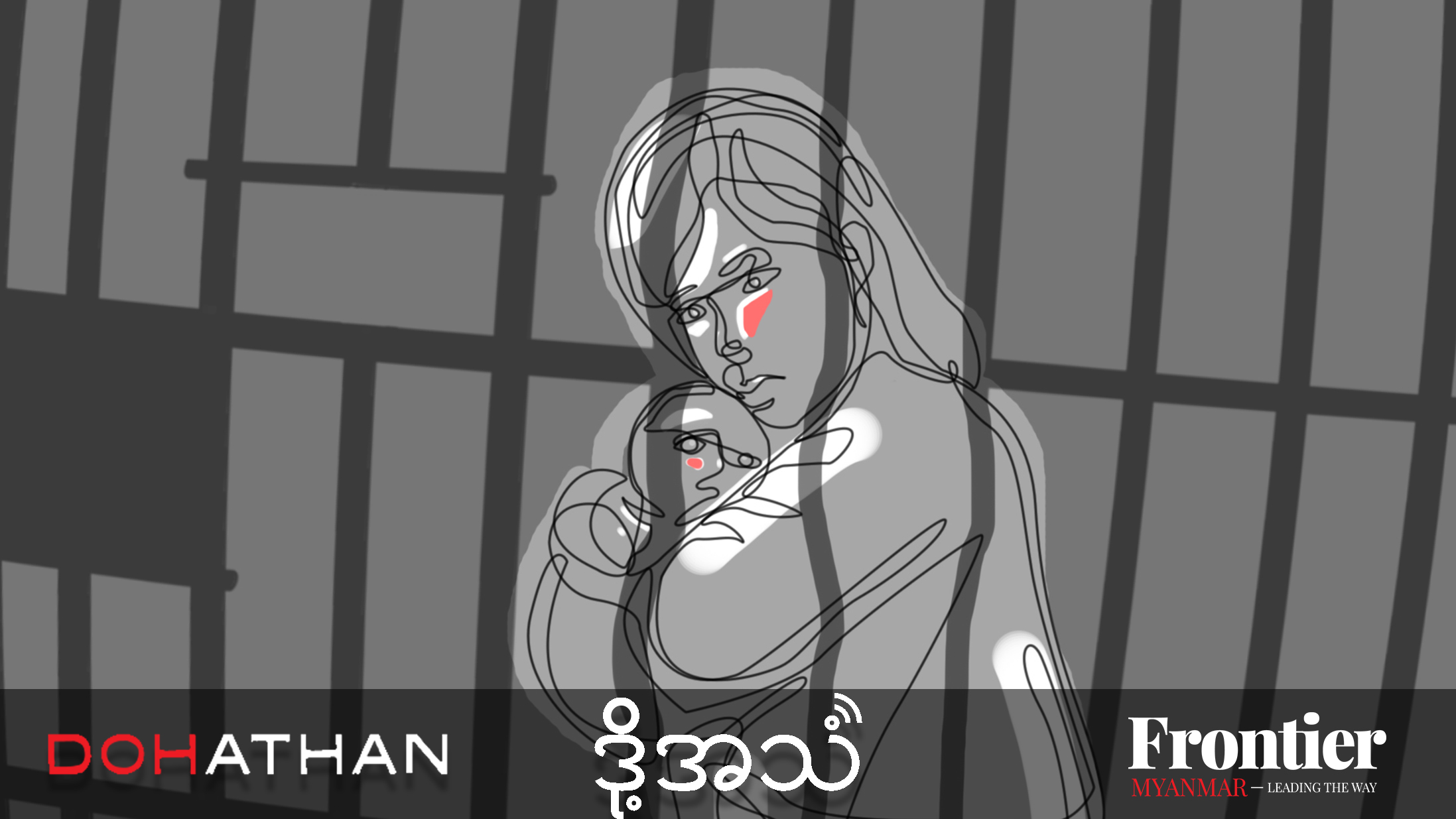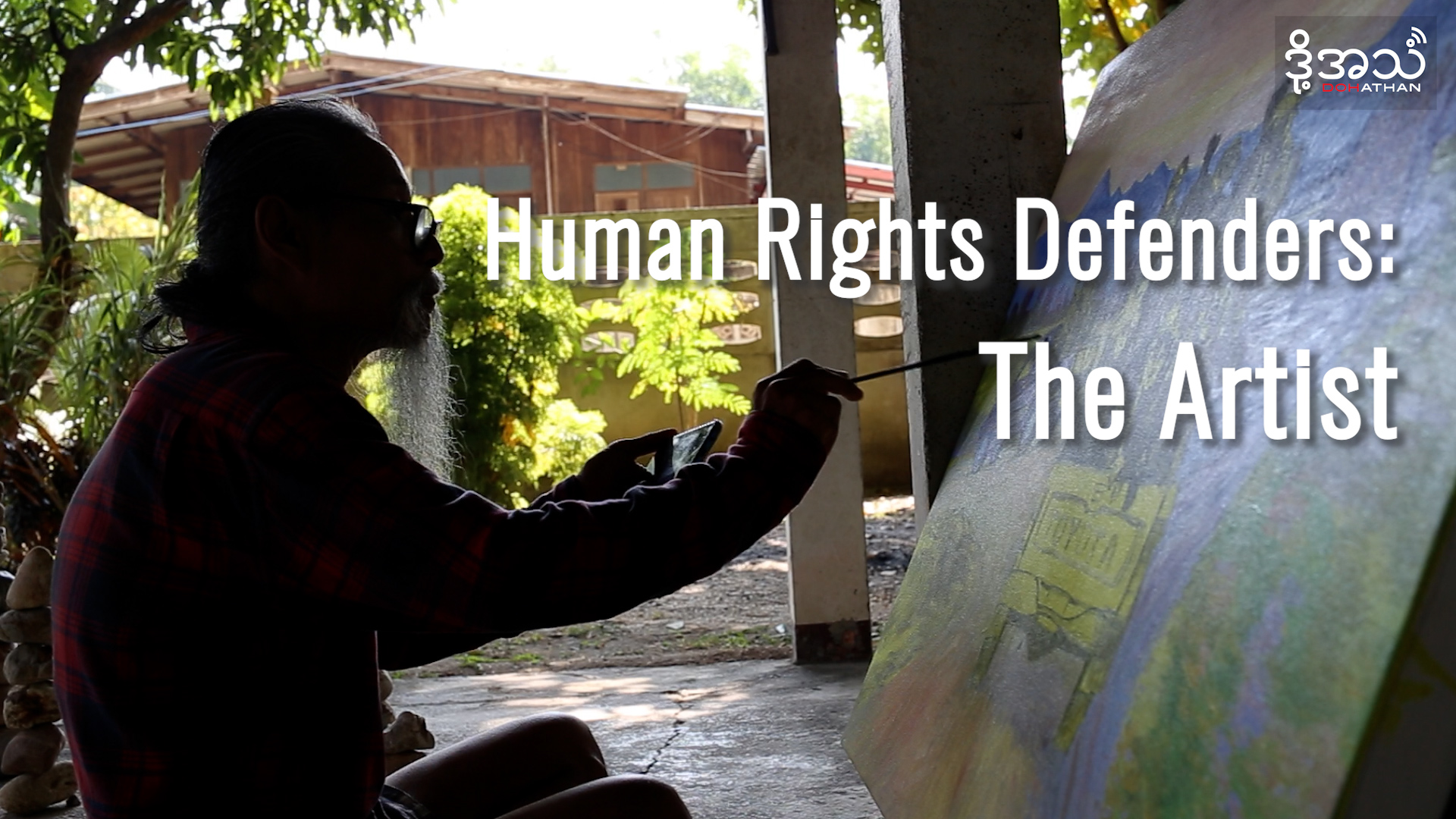By YE MON | FRONTIER
YANGON — The government has released nearly 7,000 prisoners in the second round of a New Year’s amnesty and indicated it will soon free a third group including some political prisoners and members of ethnic armed groups.
President U Win Myint on Friday ordered the release of 6,948 prisoners on humanitarian grounds and said that additional pardons would follow. The second amnesty followed the release of 9,551 prisoners on April 17 to mark Myanmar New Year.
Friday’s pardon included prisoners from Kachin, Kayah and Kayin states and Sagaing, Bago, Magway and Tanintharyi Regions, according to government officials.
Yangon’s Insein Prison was quiet on Friday and prison warden U Zaw Zaw confirmed to Frontier that none of its inmates, who include Pulitzer-prize winning Reuters reporters Ko Wa Lone and Ko Kyaw Soe Oo, were included in the president’s order.
Support more independent journalism like this. Sign up to be a Frontier member.
President’s Office spokesperson U Zaw Htay told reporters in Nay Pyi Taw that another batch of prisoners would be released “soon”.
“Three ethnic armed groups have sent letters to the president and state counsellor, asking for the release of their members. We have to release them. We have also talked about the prisoners whose sentences were related to political issues. We will release them,” he said.
Zaw Htay said that the next amnesty would include some prisoners jailed for drug-related offences. However, he avoided using the phrase “political prisoners” when speaking to reporters.
On April 22, the Myanmar Prisons Department, part of the military-controlled Ministry of Home Affairs, released a statement asserting that there were no political prisoners in Myanmar. All prison inmates had been sentenced for committing criminal acts, it said.
U Tate Naing, secretary of the Assistance Association for Political Prisoners, said the Prisons Department did not have the authority to issue such a statement and urged the government to respond. AAPP figures show that 45 political prisoners have been sentenced and another 319 people are facing charges related to political activities.
“We don’t think the statement was issued on the instructions of the NLD [National League for Democracy] led government. The NLD government has released lots of political prisoners in the past, and we have discussed the issue of political prisoners with the government and parliament,” he said.
Tate Naing confirmed that two political prisoners had been released on Friday from Myitkyina Prison.
Lum Zawng and Zau Jat were jailed for six months and fined K500,000 each last December for “defaming” the Myanmar armed forces during a peaceful anti-war protest in the Kachin State capital.
Fellow Kachin activists, international human rights groups and embassies decried the sentence as an attack on freedom of speech and assembly. A third activist, Nang Pu, who received the same sentence, was released earlier in April on health grounds.
Zau Jat told Frontier he was indifferent to being pardoned, because he had already spent four months in prison and would have been released in two months. “Even if there was no amnesty we would have been free soon. We don’t feel anything,” he said.
For many activists, the practice of pardoning prisoners is indicative of the highly centralised power structure in Myanmar. In a statement on Wednesday, the Burma Human Rights Network said it opposed a system in which those persecuted by the state are forced to rely on its “forgiveness” to be granted the freedom it took from them.
“The National League for Democracy calls its pardons a humanitarian gesture. However, a greater show of humanity – and justice – would be to repeal discriminatory laws and to actively address the structural inequalities that cause thousands of vulnerable people to be imprisoned in the first place,” BHRN executive director U Kyaw Win said.
Meanwhile, politically motivated arrests continue. Filmmaker and activist U Min Htin Ko Ko Gyi was charged with online defamation on April 1 under section 66(d) of the Telecommunications Law, for Facebook posts that criticised the military’s role under the constitution.
The Irrawaddy’s Burmese edition editor U Ye Ni was charged under 66(d) on April 12 for the publication’s coverage of conflict between the Tatmadaw and the Arakan Army in Rakhine State’s Mrauk U. Three days later, police arrested members of the Peacock Generation Thangyat troupe in Yangon, also under section 66(d), after they live streamed on Facebook a satirical performance in which they wore military uniforms.
The US embassy in Yangon released a statement on Tuesday that condemned what it described as a growing intolerance for free speech in Myanmar. “Journalism, satire, peaceful protest, and other forms of legitimate expression should not be crimes in a democratic society,” it said.


